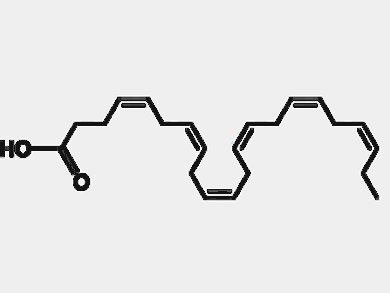Docosahexaenoic acid (DHA), an omega-3 fatty acid abundant in fish oil, is an essential dietary element that guarantees proper brain development and cognitive functions. Nevertheless, the mechanisms through which the brain uptakes DHA from the blood circulation remain elusive.
A solution to this enigma comes from the study conducted by David Silver, Duke-NUS Graduate Medical School Singapore, and co-workers. The scientists discovered that a protein called Mfsd2a transports DHA through the brain blood-barrier (a protective barrier separating the brain to the blood circulation), thus allowing DHA to enter the nervous tissue.
This discovery may promote the development of novel compounds to stimulate DHA incorporation from dietary elements and thus improve brain functions.
- Mfsd2a is a transporter for the essential omega-3 fatty acid docosahexaenoic acid
Long N. Nguyen, Dongliang Ma, Guanghou Shui, Peiyan Wong, Amaury Cazenave-Gassiot, Xiaodong Zhang, Markus R. Wenk, Eyleen L. K. Goh, David L. Silver
Nature 2014, 509, 503–506.
DOI: 10.1038/nature13241




